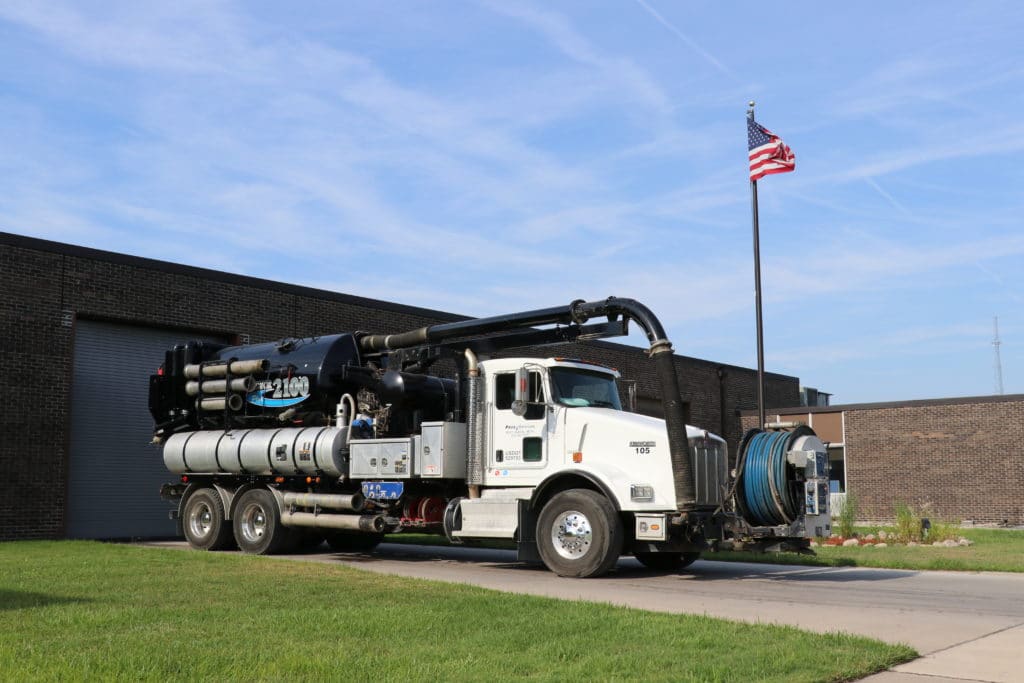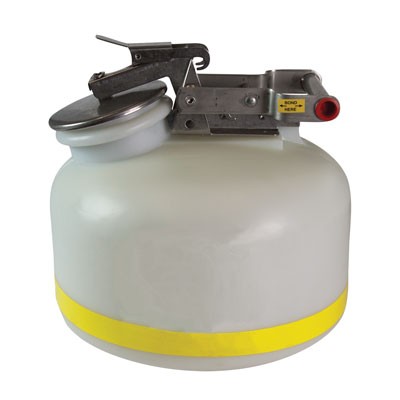Understanding the Comprehensive Refine of Fluid Garbage Disposal: Best Practices and Environmental Impact Factors To Consider
The management of fluid waste disposal is a complex problem that requires an extensive understanding of numerous best techniques and their connected ecological impacts. From the sorts of fluid waste generated to the methods utilized for collection, treatment, and final disposal, each action plays an important function in securing environments and public health. As regulative requirements evolve and innovation breakthroughs, the discussion around these procedures ends up being increasingly essential. What effects do these changes hold for future sustainability initiatives, and just how can stakeholders guarantee that they are properly attended to?
Sorts Of Fluid Waste
Recognizing the numerous kinds of liquid waste is important for reliable administration and disposal techniques. Liquid waste can be broadly classified into numerous kinds, each needing one-of-a-kind handling and treatment techniques.
Industrial fluid waste typically contains dangerous products, consisting of hefty metals, solvents, and chemicals, created during making procedures. These wastes demand strict regulative conformity to shield human health and the environment. Domestic liquid waste mostly describes wastewater generated from homes, including sewer and greywater, which, although much less harmful, can still posture considerable dangers if poorly taken care of.
Agricultural fluid waste, including runoff from farms, typically has plant foods and chemicals that can lead to environmental deterioration otherwise dealt with properly. Medical liquid waste, generated from healthcare facilities, consists of infected liquids such as physical liquids and chemicals, needing specialized disposal techniques to stop infection and environmental contamination.
Finally, oil and grease waste, usually created by restaurants and automotive industries, can cause extreme clogs in drain systems if not managed properly. Understanding these groups promotes targeted methods for therapy, compliance with regulations, and reliable disposal approaches, eventually promoting ecological sustainability and public wellness security.

Collection Methods
Reliable collection approaches are vital for the appropriate management of fluid waste, making sure that it is gathered securely and efficiently prior to treatment or disposal. Numerous methods are utilized depending upon the kind of liquid waste generated, the quantity, and the specific characteristics of the waste.
One typical technique is using devoted collection storage tanks or sumps, which are made to record fluid waste at the resource. These systems commonly integrate pumps that promote the transfer of waste to bigger storage containers or therapy facilities. Additionally, mobile collection devices equipped with vacuum cleaner modern technology are utilized in scenarios where waste is created intermittently or in hard-to-reach locations.
For industrial setups, closed-loop systems can properly minimize spills and leakages, permitting the healing and reuse of liquid waste. It is also necessary to educate personnel on appropriate collection protocols to minimize risks related to harmful substances.
Additionally, carrying out routine maintenance routines for collection devices guarantees optimum performance and safety. The combination of advanced surveillance systems can enhance collection efficiency by providing real-time data on waste degrees and possible risks. In general, effective collection techniques are foundational to sustainable fluid waste management methods.
Therapy Procedures
Treatment processes play a crucial duty in the management of liquid waste, changing possibly dangerous products into safe effluents or reusable sources - liquid waste disposal. These processes can be generally categorized into physical, chemical, and biological methods, each tailored to attend to particular pollutants existing in the waste stream
Physical therapy approaches, such as sedimentation and filtering, work by eliminating suspended solids and particulate issue. These techniques are often the first step in the treatment chain, efficiently reducing the tons on succeeding procedures. Chemical treatments include using reagents to neutralize damaging compounds, speed up hefty metals, or oxidize organic pollutants, thereby enhancing the security of the effluent.
Organic treatment procedures, including activated sludge systems and anaerobic food digestion, take advantage of the all-natural abilities of bacteria to click resources break down raw material. These approaches are specifically efficient for wastewater having naturally degradable pollutants. Advanced treatment modern technologies, such as membrane layer filtration and advanced oxidation procedures, are progressively employed to achieve greater degrees of purification.
Integrating a mix of these treatment techniques not just ensures compliance with regulative standards but additionally advertises ecological sustainability by recouping useful resources from liquid waste.
Disposal Options
Exactly how can companies make sure the responsible and safe disposal of fluid waste? Efficient disposal choices are essential for safeguarding public wellness and the atmosphere. The main techniques include land disposal, incineration, and treatment complied with by discharge right into community wastewater systems.
Land disposal entails the mindful control of liquid waste in assigned land fills, guaranteeing that it does not seep right into surrounding soil or water. Incineration, on the other hand, topics liquid waste to high temperature levels, converting it into ash and gases, which need correct filtering to minimize exhausts. This method appropriates for contaminateds materials that can not be dealt with via standard ways.
In instances where liquid waste can be treated, companies might go with biological or chemical therapy procedures to counteract hazardous parts prior to discharging the treated effluent into metropolitan systems. This path normally lines up with governing requirements, making sure that the effluent meets safety criteria.
Ultimately, companies should conduct complete evaluations of each disposal option to establish its feasibility, considering variables such as waste make-up, governing conformity, and potential threats to wellness and the atmosphere. By selecting proper disposal methods, organizations can contribute to a liable waste administration strategy.
Ecological Influence
The environmental influence of liquid waste disposal is a critical factor to consider for organizations looking for to minimize their environmental impact. Improper disposal approaches can result in substantial contamination of water sources, soil deterioration, and adverse impacts on regional ecosystems. As an example, unsafe fluids can seep into groundwater, presenting threats to drinking water materials and marine life. Additionally, the discharge of without treatment or improperly dealt with waste into surface area waters can cause eutrophication, resulting in oxygen exhaustion and the succeeding death of fish and various our website other microorganisms.

To reduce these impacts, organizations should embrace ideal practices such as implementing rigorous waste treatment procedures, advertising recycling and reuse, and adhering to governing standards. By taking an aggressive technique to liquid waste management, entities can dramatically lower their environmental impact while supporting sustainable growth objectives. Ultimately, a comprehensive understanding of the ecological effects connected with liquid garbage disposal is necessary for notified decision-making and responsible stewardship of all-natural resources.
Verdict
Efficient monitoring of fluid waste is important for guarding environmental stability and public wellness. Inevitably, an extensive understanding of liquid waste disposal not just minimizes environmental impacts however additionally cultivates a dedication to responsible resource administration and ecological stewardship.
The monitoring of fluid waste disposal is a complex issue that requires an extensive understanding of numerous ideal practices and their associated environmental impacts. From the types of fluid waste produced to the approaches used for collection, therapy, and last disposal, each action plays a critical role in safeguarding environments and public wellness.The ecological impact of liquid waste disposal is an important factor to consider for companies seeking to reduce their environmental footprint. you can try here Ultimately, an extensive understanding of the environmental impacts linked with fluid waste disposal is crucial for educated decision-making and liable stewardship of natural resources.
Ultimately, a comprehensive understanding of fluid waste disposal not just alleviates environmental impacts yet additionally promotes a commitment to responsible source administration and environmental stewardship.